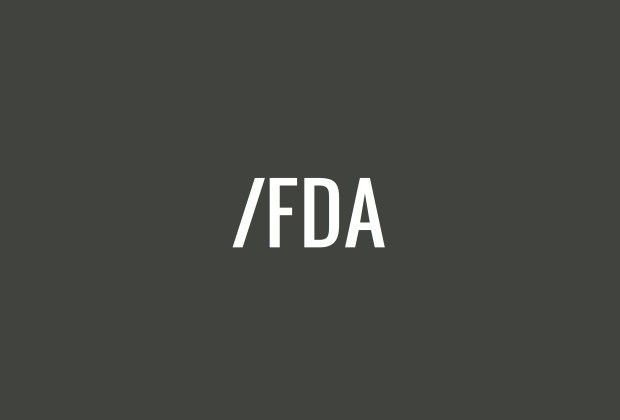Today, almost every cigar purchased in the U.S. will be sold in a manner much like they were sold on Sunday. And yet, today is Aug. 8, 2016, a monumental day in the cigar industry.
Regulation of the cigar industry by the U.S. Food & Drug Administration officially begins; and yet, it’s unlikely consumers and even retailers will feel the effects for some time to come.
The reality is that while regulation begins today, almost none of what consumers will be explicitly affected by begins today. Below are the key takeaways for the new rules, which officially go into effect today.
(For more information please visit halfwheel.com/fda.)
1. NO “NEW” CIGARS WITHOUT FDA APPROVAL AFTER AUG. 8
Under the new rules, manufacturers are now prohibited from introducing new cigars unless they receive pre-approval by FDA.
At least in theory, it works like this: a manufacturer applies for substantial equivalence of a product—likely spending thousands of dollars in legal, lab and administrative fees in the process—gets FDA approval and then can introduce a new product.
Many, if not most, manufacturers are skeptical given FDA”s track record with the cigarette industry that the agency will even respond to substantial equivalence requests, though the agency boasts about its track record in regards to response.
In theory, there are supposed to be no new cigars without FDA approval after Aug. 8, yet that’s a farce.
Many manufacturers have added what we have referred to as phantom brands. These are new products that were quietly shipped to select retailers in small quantities prior to today so that manufacturers could show sales of the product before Aug. 8. They will be introduced in public and full terms at later dates.
Some manufacturers have boasted about having hundreds of these types of products, waiting in the wings to be introduced over the coming years.
2. NO “FREE” SAMPLES
Because most of FDA’s regulatory requirements are staggered, there is actually little that goes into effect today and even less that will directly affect consumers, but the new provisions that prohibit free samples are one of those few provisions.
After today, manufacturers and retailers will no longer be allowed to give free cigars to consumers.
There certainly is a wide-ranging thought about what is and is not allowed, a direct result of FDA”s own lack of clarity on many issues. For example, some manufacturers are advising their sales representatives that they can no longer give free cigars to retailers to try unless a sale has taken place.
While it won’t affect things like buy a box get five free cigars, it will legally bar anyone in the cigar industry from giving a cigar to a consumer before a sale has taken place.
3. THE COUNTDOWN TO OTHER REGULATION HAS BEGUN
Today marks a few important dates: 12 months for advertising plans and user fees to go into effect, 18 months before substantial equivalence exemption applications are due, 24 months before warning labels will be required and substantial equivalence applications are due and 36 months before any non-grandfathered product will be required to either submit an application remove their product from the market.
For consumers this means boxes will begin to receive warning labels, some cigars may disappear from the market and nearly every cigar will increase in price.
4. THE CONSOLIDATION ERA HAS BEGUN, OR NOT
Get ready to hear mass speculation about the sale of cigar companies.
It’s not my favorite game, largely because nearly every business is for sale in one way or another. What changes now is that people will begin to talk about consolidation a lot more.
The reality is it will likely be years before we know what FDA regulations have done to the marketplace for cigar companies, but that’s not going to stop anyone from speculating.
5. REGULATION HAS BEGUN
Most importantly, the government has now begun regulating cigars on a serious level.
I’ll never forget the advice I got from Marvin Samel of Drew Estate years ago: it won’t be the first round that kills you. Samel’s thoughts are that for most companies the first round of regulation won’t be too taxing, however, the subsequent regulations will begin to really affect the business.
Simply put, once you open the door to regulation, it becomes very challenging to shut it.
Aug. 8, 2016 marks the day the federal government decided it was okay to regulate cigars and despite whatever happens in Congress or the courts, it’s likely that the government’s desire to regulate cigars won’t ever go away.
For more information please visit halfwheel.com/fda.



